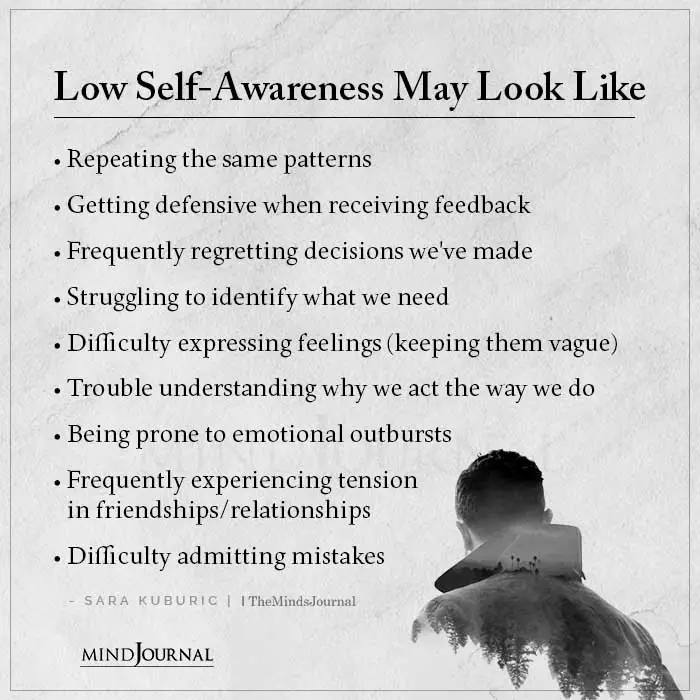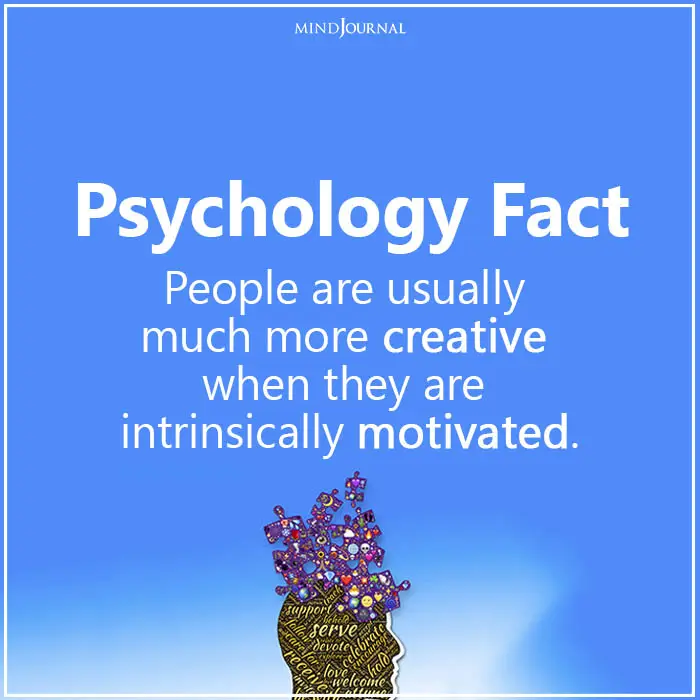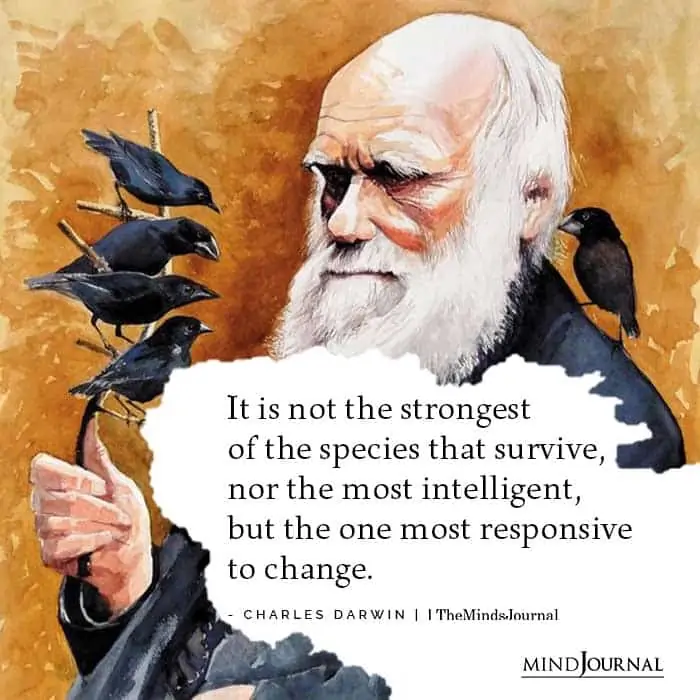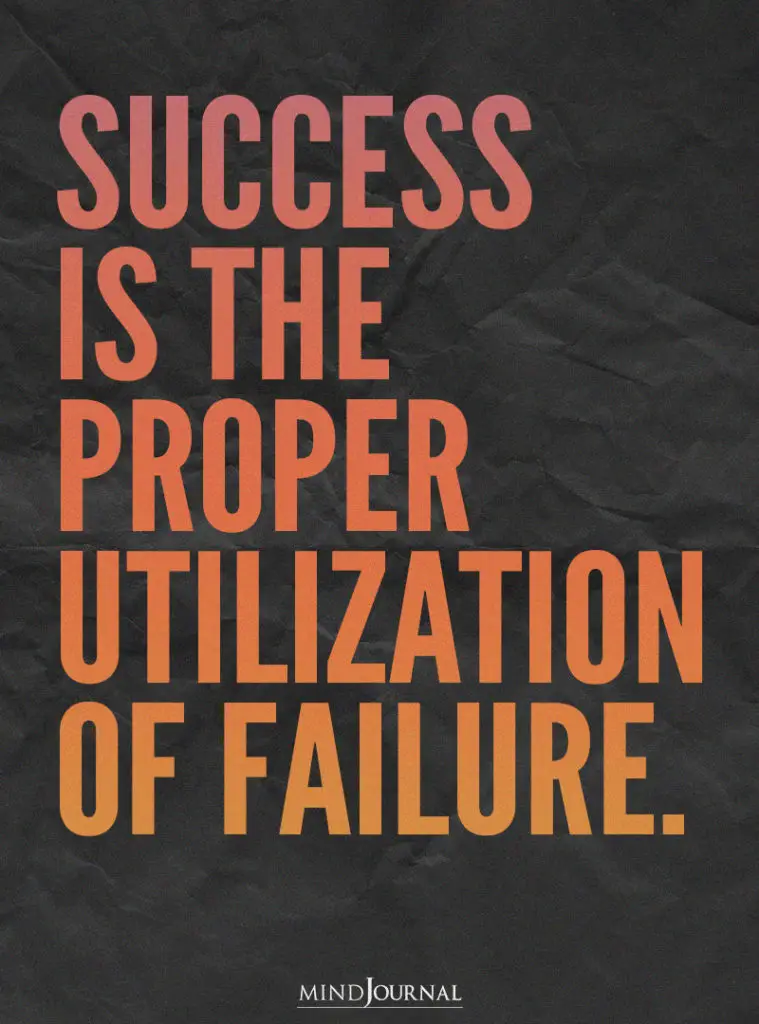Are you good at your job and ready to be a leader at your workplace? If yes, then congratulations on your progress! But, being a leader is just not enough! You need to be an emotionally intelligent leader! Are you? Check out qualities that demonstrate emotional intelligence in leadership.
The concept of emotional intelligence became popular with psychologist Daniel Goleman’s bestselling book Emotional Intelligence: Why It Can Matter More Than IQ.
Emotional intelligence (aka EQ or EI) is the ability of a person to recognize and understand their own emotions and those of others. The ability to manage and/or adjust their own emotions and help others do the same to achieve one’s goal(s).

According to Daniel Goleman, there are five key elements to emotionally intelligent leadership:
- Self-awareness.
- Self-regulation.
- Motivation.
- Empathy.
- Social skills.
“without … [emotional intelligence], a person can have the best training in the world, an incisive, analytical mind, and an endless supply of smart ideas, but he still won’t make a great leader, “ Said psychologist Daniel Goleman.
Also read – The First Thing You Notice In This Image Will Reveal How Emotionally Intelligent You Are: QUIZ
EQ is the ultimate door to stand apart from others and achieve success in the professional world. Some of the popular CEOs across the globe who hone the power of emotional intelligence are –
- Elon Musk, CEO of Tesla and SpaceX
- Indra Nooyi, CEO of PepsiCo
- Richard Branson, Founder, and Chairman of Virgin Group
- Jack Welch, former chairman and CEO of General Electric
- Satya Nadella, CEO of Microsoft
Check out the signs of an emotionally intelligent leader and let us know if you have high EQ:
1. You have high self-awareness
Leaders with high EQ are well aware of their strengths, weaknesses, emotions, feelings, why they are doing what they are doing and areas of improvement. They don’t hesitate to seek feedback from their seniors.
Thus, they have mental clarity and move ahead with confidence. Keep learning and developing new skills. They can speak in a straight, non-defensive manner. Consequently, they are more productive and positive at the workplace, which makes them a center of attention. Others look forward to them for suggestions and inspiration.
Do you know yourself well?

2. They know how to empathize with others
Empathy is a key part of emotional intelligence! Research from CCL found that those who practice empathetic leadership are viewed as better performers in their job by their bosses.
Are you person-focused? Do you put yourself in your teammates’ shoes when solving problems with them? Do you listen to their worries and come up with mutually beneficial solutions? Do you make them feel valued and understood? Can share your own concerns openly? If yes, then you are an effective leader.
3. They have high self-control

Being emotionally intelligent doesn’t mean you are resistant to stress, anxiety and impulses. But, able to control them and respond from a place of reason. Having high self-awareness, an emotionally intelligent leader is also good at self-regulation.
4. They have strong social skills
Besides strong social skills, an emotionally intelligent leader also have strong relationship management skills. Being empathetic and compassionate they can easily motivate others. Having assertive communication skills, they know when and how to negotiate, manage differences in opinions and lead.
Even talk candidly on non-work topics, which helps them establish a stronger bond in the workplace. They provide honest and constructive criticism, thus people trust their decisions and feel enthusiastic working for them.
Do you know Amazon CEO Jeff Bezos uses his self-deprecating humor to make others feel comfortable with him? Do you have strong social skills?
Also read – The Most Emotionally Intelligent Zodiac Signs: RANKED From Most To Least
5. They are self-motivated

You can be a self-motivated leader if you are goal-oriented, optimistic, and committed. People with high self-awareness know how to stir up positive emotions within themselves. When you understand your thoughts and emotions you will know what motivates you.
6. They are assertive in nature
An emotionally intelligent leader can disagree with a boss or subordinates, yet make demands of them in a respectful manner. For example – “I want to work on this project, but I’m afraid if I take it on, all of my work will suffer. I’d like to show you what I can do with this, but I want to be able do my best work.”
This sort of communication helps you earn respect, trust, well-reasoned and fairness. It’s healthy but not bossy! Those with low EQ fail to voice their opinions clearly or avoid a potential confrontation, only to end up in frustration.
Also read – 9 Personality Traits of Assertive People
7. They are adaptable
No matter how strong or intelligent you are, if you are not adaptable, you can neither manage your employees nor survive the cut-throat competition. Remember Charles Darwin’s species and survival of the fittest? Emotionally Intelligent leaders follow just the mantra.

Ask yourself –
Are you enthusiastic about working on projects beyond your niche?
Are you flexible to changes in your organization?
Do you quickly come up with a good strategy to deal with poor metrics?
If no, then you are highly likely to hold grudges, complain or experiences bouts of anger during adverse situations at work, which are signs of low EQ.
8. They can achieve a work-life balance
Do you know Mark Zuckerberg took two months of paternity leave? Netflix CEO Reed Hastings takes six weeks of vacation every year? Emotionally intelligent leaders prioritize their personal life while fulfilling all the professional responsibilities. They understand the importance of family and friends and self-care.
They also encourage similar behavior in employees and subordinates by allowing flexible schedules or remote working opportunities. This is evident from Facebook’s awesome paternal leave policies and unlimited vacation days offered to Netflix employees. Such practices keep a person less stressed and more productive.
Also read – 5 Ways To Create A Work-Life Balance So Your Job Doesn’t Ruin Your Marriage
9. They use failure as a springboard to success

An emotionally intelligent leader is able to give credit where necessary, and take the blame if it’s a fault. Such leaders take accountability for their actions and help others learn from their mistakes. They never resort to blame-game, criticism, threats or anything that can create a negative work environment. They take initiative and seek out ways to improve and excel.
Do you know how to deal with setbacks? Or feel demotivated and depressed at the sight of failure?
10. They believe in a fair deal
Leaders can lose the trust and respect of their employees if they don’t walk the talk.
All the employees must be judged fairly. Acknowledge their success publicly and offer rewards to motivate them irrespective of their designation in your organization. Biasness towards selected employees can make others feel undervalued and demotivated. Leaders with high EQ don’t prefer to hide things under the carpet. They talk in person, use phone or video calls, or arrange group discussions — to resolve conflicts.
Do you treat people the way you would like to be treated?
11. They avoid micromanagement
Micromanagement is the costly management style and one of the top three reasons employees resign. Leaders with high EQ delegate set clear expectations, hire the right people and don’t keep nagging them for every detail of their project. Rather allow employees to experiment with ideas.
Are you an emotionally intelligent leader?
If yes, then KUDOS to you! Keep learning and progressing, you will surely have a successful career ahead. If you think you cannot relate to these signs of an emotionally intelligent leader, please do not worry! I have GOOD NEWS for you! Emotional intelligence can be developed! However, this is not an overnight process. Consistency is the key!
Start with “a glass half full approach”, develop your social skills, empathy, boost your self-awareness and work hard to understand and manage your emotions, be cool, and stay motivated. Stop taking things personally and enjoy uniqueness in people.
All the best!
If you find this post helpful and valuable, let us know in the comments below.









Leave a Reply
You must be logged in to post a comment.